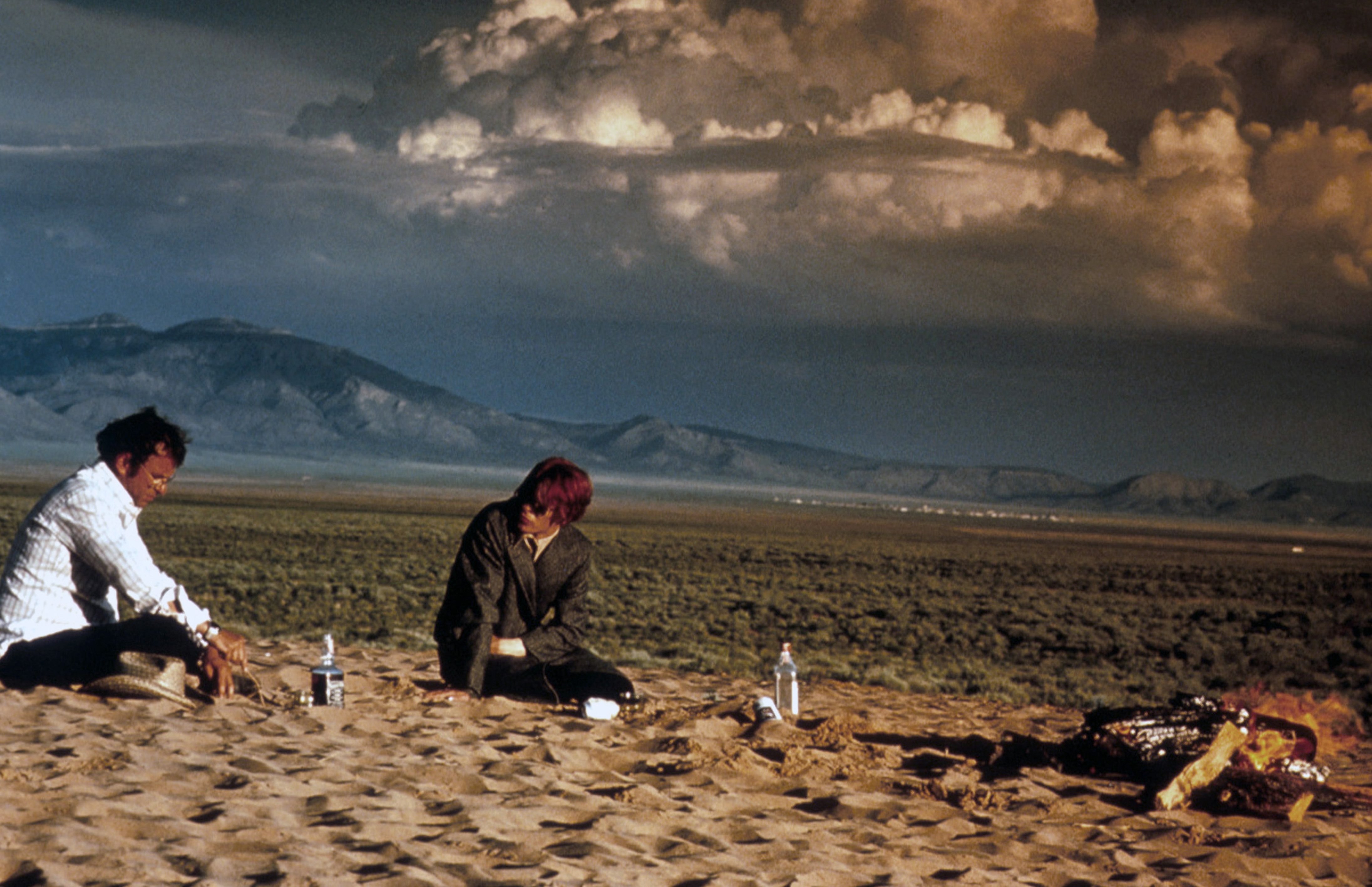In 1975, just as David Bowie had achieved breakthrough success, he was simultaneously teetering on the verge of a nervous breakdown. A re-issued single of "Space Oddity" was No. 1 in the U.K., and he scored his first No. 1 single in the States with "Fame," while also cracking the top five with "Young Americans." Yet the pressure of constant touring and recording, along with his failing marriage and a massive cocaine habit all pointed towards the abyss. "I've rocked my roll," he said in an interview with Playboy magazine in April of that year. "There will be no more rock 'n' roll records or tours from me. The last thing I want to be is some useless f——— rock singer."
It was at precisely this point in time that director Nicolas Roeg cast Bowie for his film "The Man Who Fell to Earth," which got him off the coke and inspired Bowie to create what many regard as his greatest album. Forty years after it was first released, and in the wake of Bowie's death earlier this year, the full, 139-minute director's cut of "The Man Who Fell to Earth" is back for one final encore. It remains one of the '70s' strangest and most captivating films.
Based on the 1963 sci-fi novel by Walter Tevis, "The Man Who Fell to Earth" is about a humanoid alien (Bowie) who travels to Earth from a drought-stricken planet. Passing himself off as human inventor Thomas Jerome Newton, he builds an Apple-like tech firm while secretly planning to develop a spacecraft to transport water back to his own dying planet and family. Newton keeps a low profile but becomes fantastically wealthy through his patents and attracts the attention of the security services. His plans thwarted, he despairs and becomes a Howard Hughes-like recluse, numbed by alcohol and TV. He finally records an album of electronic music, which, transmitted through radio waves, he hopes may someday reach his planet.



